
How to Keep Your Ears Clean For Longer
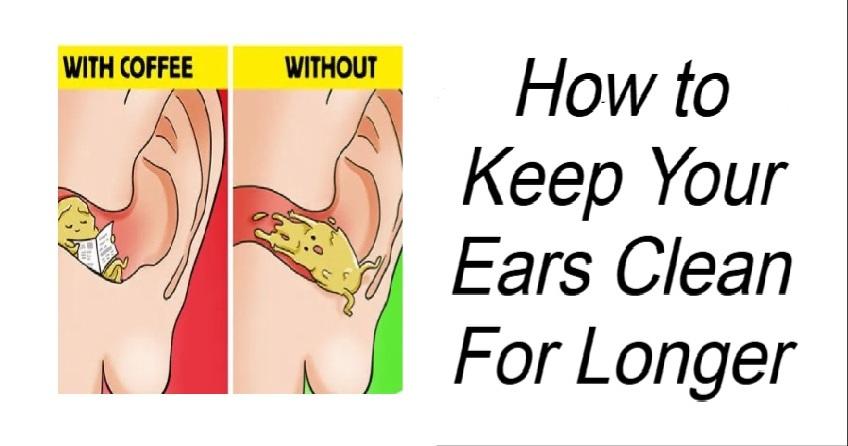
Having a bit of earwax is perfectly normal—and even beneficial. Earwax serves as a natural defense system, protecting your ear canals from dust, bacteria, and potential infections. Despite this, many people chase that “clean ear” sensation, often reaching for cotton buds or other invasive tools. However, cleaning your ears the wrong way can actually cause more harm than good. Luckily, there are safer, more effective ways to maintain good ear hygiene without risking your hearing health.
Here are some healthy habits and practical tips to keep your ears clean and clear—safely.
1. Reduce Your Caffeine Intake
A morning coffee may be non-negotiable for many of us, but too much caffeine has been linked to an increased risk of impacted earwax. While the exact mechanism isn't fully understood, some studies suggest caffeine may alter your body's hydration levels or affect the way earwax is secreted and cleared.
If you feel dependent on your daily coffee, consider slowly cutting back instead of quitting abruptly. Also, if you're experiencing symptoms like ear fullness, reduced hearing, or ringing, it may be worth seeing an audiologist for a professional earwax removal procedure, such as microsuction. This quick, safe method is far better than over-the-counter solutions or poking around yourself.
2. Avoid Using Cotton Buds (Q-Tips)
It might feel satisfying to use a cotton swab in your ears, but it often does more harm than good. Instead of removing wax, these swabs typically push it deeper into the ear canal, increasing the risk of blockages and irritation. In some cases, they can even damage the eardrum or scratch the sensitive lining of your ear.
A safer alternative? Gently wash the outer ear with a warm, damp washcloth during your shower. This keeps your ears clean without interfering with the natural cleaning mechanisms inside the canal.
3. Try Olive Oil Drops
Olive oil isn't just a kitchen staple—it can also be a gentle remedy for maintaining ear health. When used correctly, a few drops of warm (not hot) olive oil in the ears once or twice a week can soften hardened wax, making it easier for your ears to expel it naturally.
This method is especially useful for those prone to excessive wax buildup. Just be sure to consult your doctor first if you have a history of ear infections, perforated eardrums, or other ear conditions.
4. Stay Properly Hydrated
Water plays a crucial role in your body’s overall health—including your ears. Staying well-hydrated ensures that your body can produce and manage earwax effectively. Dehydration, on the other hand, can lead to thicker, stickier wax that doesn’t exit the ear canal as easily.
Aim to drink at least 6–8 glasses of water per day, depending on your activity level, climate, and overall health. Your ears (and the rest of your body) will thank you.
5. Avoid Cleaning Deep Inside the Ear
It’s tempting to want to “dig out” earwax, especially when you feel a blockage or itchiness. However, the inner ear is a self-cleaning system. Most of the time, earwax naturally moves out of the canal without any need for intervention.
Unless you're exposed to particularly dusty or dirty environments, cleaning your outer ear with a damp cloth during your daily shower is more than enough. In fact, over-cleaning can remove protective oils, dry out the skin, and cause irritation or infection.
Final Thoughts
Earwax isn’t something you need to fear or obsess over. In moderation, it’s a sign that your ears are working just as they should. Instead of reaching for harmful tools like cotton buds, try adopting these simple, safe habits. If you’re ever unsure about your ear health, don’t hesitate to consult a healthcare professional. Your hearing is worth protecting—every day.
News in the same category

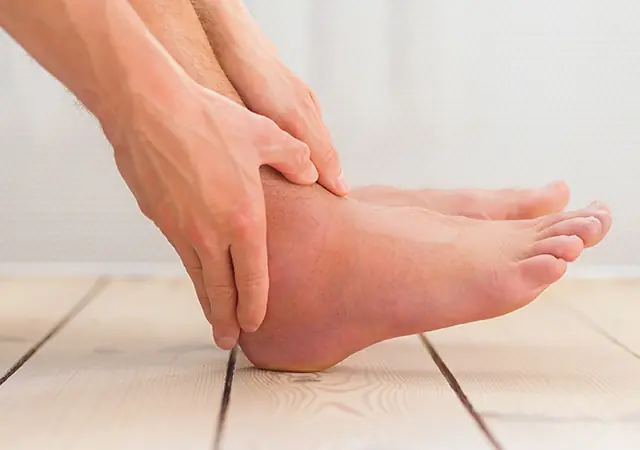
Swollen Legs, Ankles, and Feet: Causes and Proven Remedies (Including a Parsley Tea Recipe)

Scientifically Proven Health Benefits of Papaya + Uses for the Seeds

If You Eat Eggs Every Day

6 Harmful Foods That Weaken Calcium Levels

Eating More Cruciferous Vegetables May Cut Colon Cancer Risk
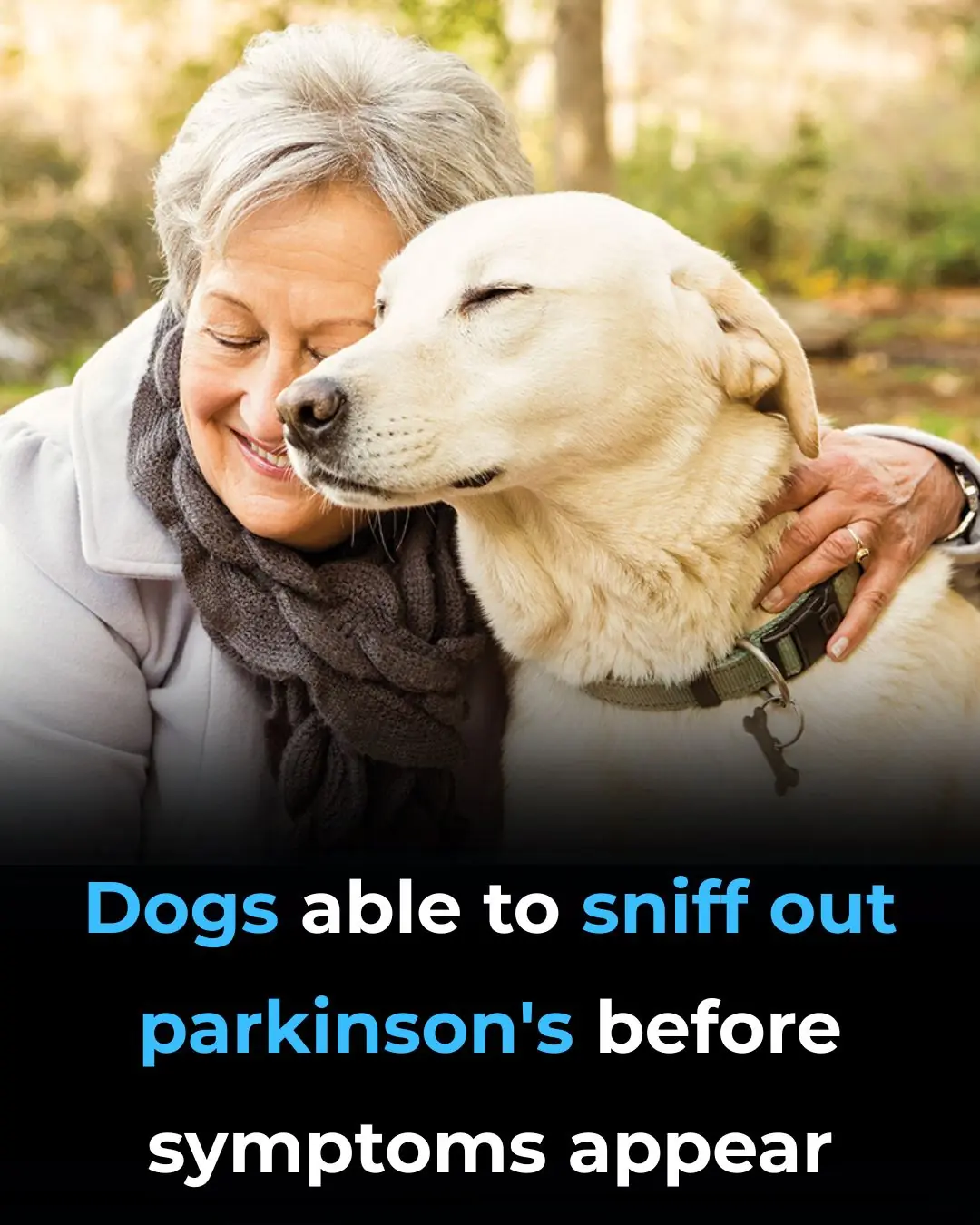
Dogs Able to Sniff Out Parkinson’s Before Symptoms Appear
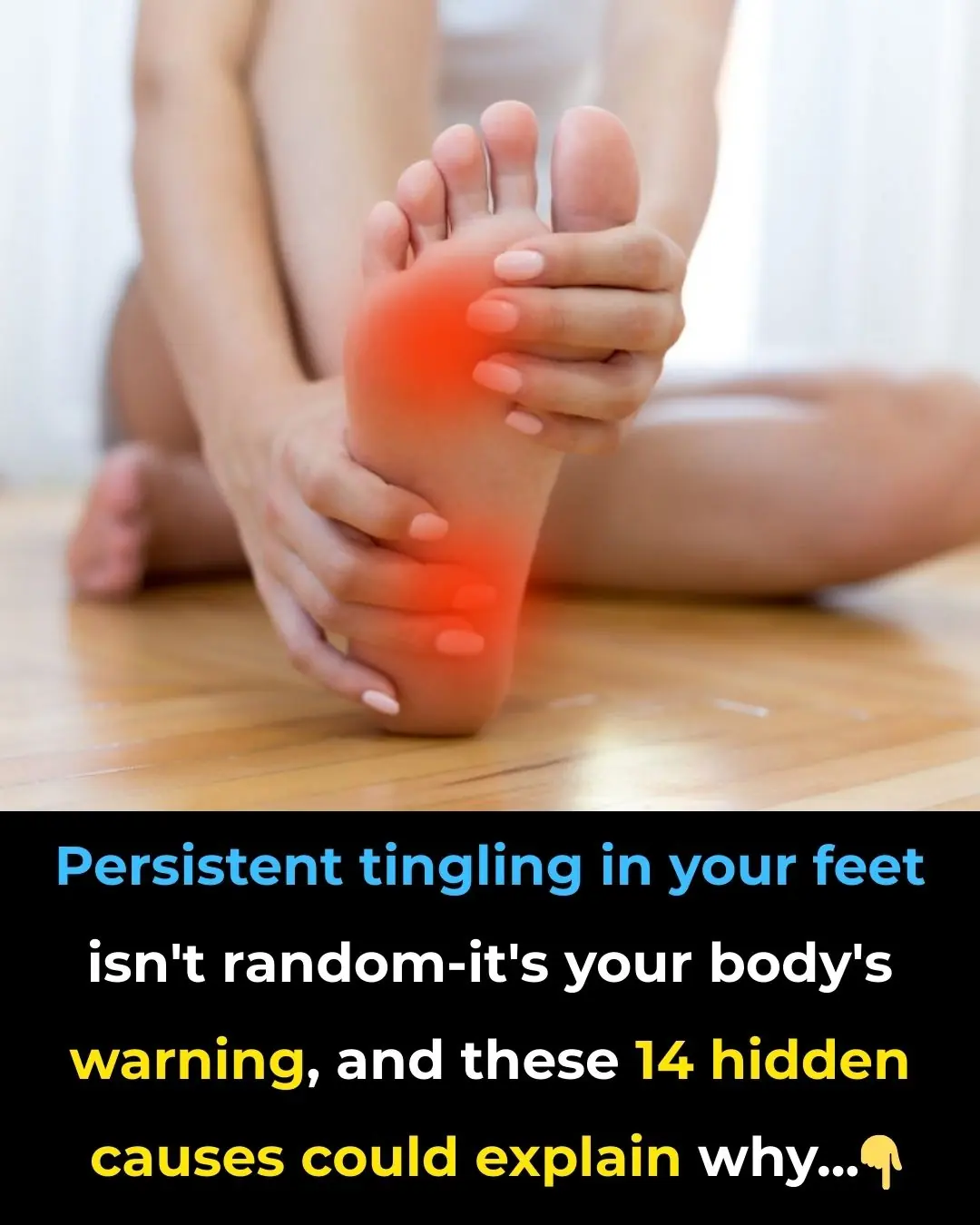
14 hidden causes of tingling feet (and what to do)

At last — how to detox the brain naturally
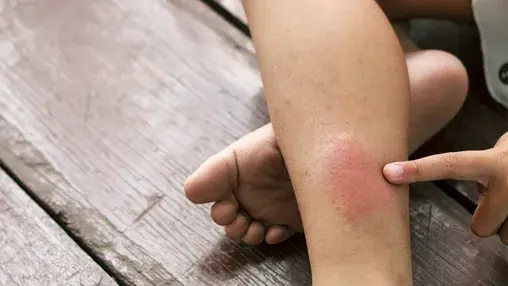
5 Blood Clot Facts Doctors Want You to Know
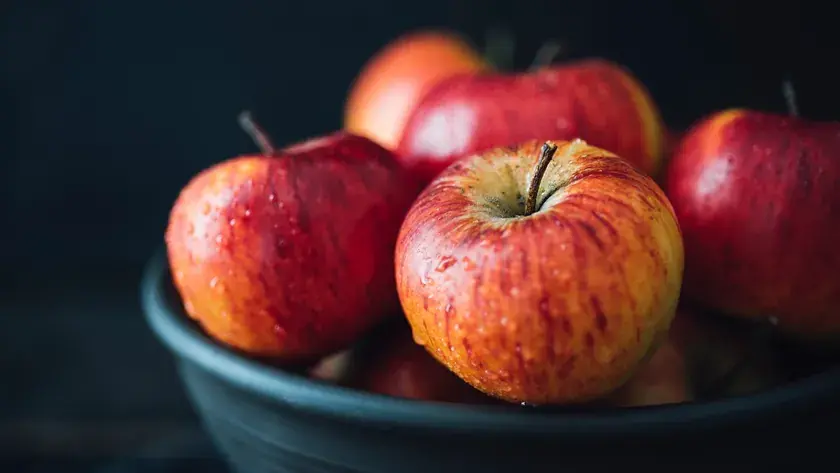
8 Foods That Help Lower Your Cholesterol

6 Harmful Foods That Weaken Calcium Levels
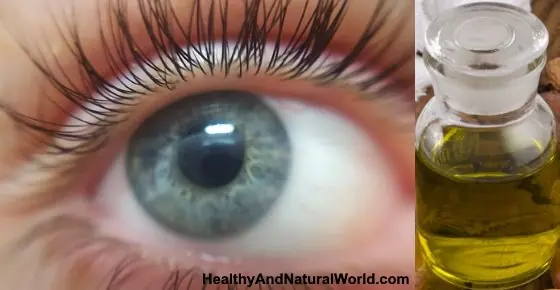
How to Use Castor Oil to Regrow Eyelashes and Eyebrows
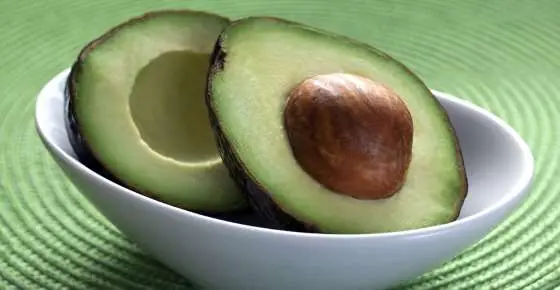
Scientifically Proven Health Benefits of Avocado and Avocado Seeds

Experts Say They’ve Pinpointed the Cause of Autism—And It Could Lead to New Treatments

Scientists Say Cancer Can Now Be Detected Years in Advance with Simple Blood Test

Final straw that led to billionaire CEO's desperate escape from Japan inside 3ft box

10 Early Warning Signs Your Blood Sugar Is Way Too High

If Your Legs Cramp at Night You Need to Know This Immediately
News Post

Bill Gates reveals the only three jobs he believes will survive the AI revolution

Man had his lifetime first class ticket removed mid-flight after he cost the airline $21,000,000

Unlock Your Body's Healing Power with Water Fasting

Swollen Legs, Ankles, and Feet: Causes and Proven Remedies (Including a Parsley Tea Recipe)

Scientifically Proven Health Benefits of Papaya + Uses for the Seeds

If You Eat Eggs Every Day

The Secret Ingredient for a Dust-Free Home for a Whole Week

The Super Vegetable That Grows Green and Is Packed with Vitamin C—10 Times More Than Oranges and Lemons!

Why Smart People Keep This Jar in the Bathroom: The Surprising Benefits You Need to Know

The Hidden Function of the Small Hole in Your Sink: Why It's Actually Essential

How to Restore Your Yellowed Pillow to Its Original White with One Simple Trick

The Hidden Function of the "Small Box" in Your Washing Machine: Why You Should Never Skip It

How to Clean Plastic Baskets with One Simple Trick

The Best Way to Keep Shrimp Fresh and Sweet for a Whole Week

I Hesitated to Date a Single Dad—But What I Discovered After He Moved In Shocked Me

6 Harmful Foods That Weaken Calcium Levels

Eating More Cruciferous Vegetables May Cut Colon Cancer Risk

Dogs Able to Sniff Out Parkinson’s Before Symptoms Appear
